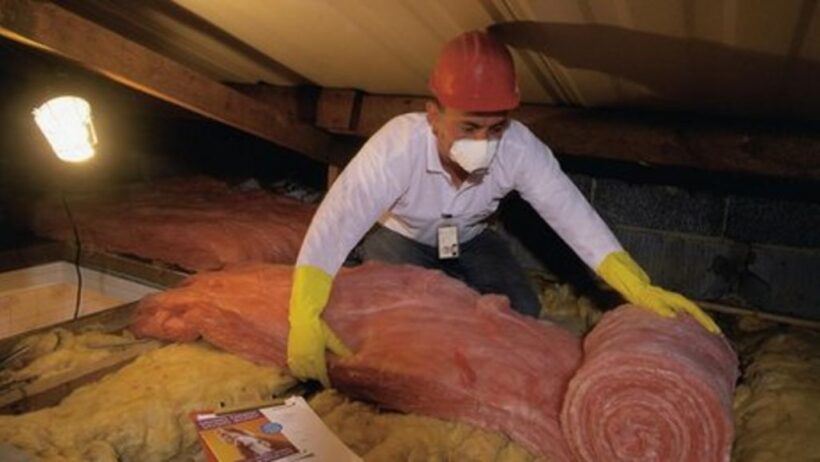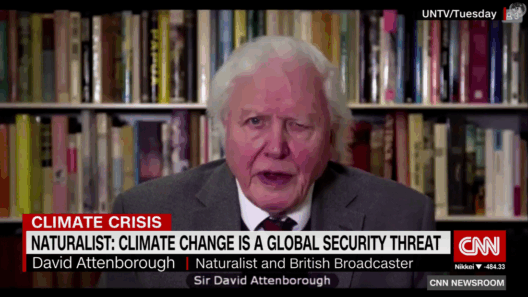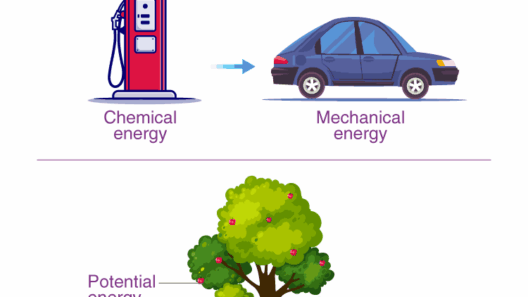In an era marked by climate change, diminishing natural resources, and escalating energy demands, energy conservation emerges as not just a necessity but a noble pursuit. The common misconception that energy conservation is predominantly an economic concern must be addressed. While financial savings are undeniably significant, the advantages of energy conservation extend far deeper, influencing social, environmental, and even psychological realms.
Firstly, it is essential to dissect the economic benefits associated with energy conservation. Reducing energy consumption often leads directly to lower utility bills, an outcome that is universally appealing. A household that adopts energy-efficient appliances or insulation may witness substantial savings over time. However, the economic advantages are not confined to the individual level. Communities embracing energy conservation policies can experience reduced infrastructure costs and lower taxes. This collective saving can lead to reinvestment in local projects and services, enhancing overall quality of life.
Beyond monetary savings, energy conservation helps mitigate dependency on fossil fuels, whose extraction and use perpetuate environmental degradation. The shift toward sustainable practices fosters a robust energy grid that is less susceptible to fluctuations in fuel prices and geopolitical tensions. Fossil fuel dependence often exacerbates international conflicts and economic instability; thus, transitioning towards alternative energy sources is not only prudent but imperative in fortifying national security.
Moreover, energy conservation plays a pivotal role in curbing greenhouse gas emissions. By utilizing energy more wisely, we diminish the overall demand for energy generation from sources that emit carbon dioxide and other harmful pollutants. The connection between energy consumption and climate change is well-documented; each kilowatt saved is a step toward safeguarding our planet’s future. Energy conservation contributes to cleaner air and water, essential for public health and biodiversity. Furthermore, an admirable ancillary benefit of clean air is the consequent reduction in health care costs associated with pollution-related illnesses.
A profound yet often overlooked aspect of energy conservation is its contribution to social equity. Energy poverty—the lack of access to affordable, reliable energy—plagues millions globally. By promoting energy efficiency and sustainable practices, we can bridge the energy divide, providing marginalized communities with the tools they need to thrive. Not only do energy-efficient technologies reduce costs, but they can also result in improved living conditions, thereby uplifting entire communities. The democratization of energy access fosters social cohesion, enabling collaboration toward shared sustainability goals.
Furthermore, the psychological implications of adopting an energy conservative lifestyle merit consideration. Individuals who consciously choose to embrace energy conservation often report a stronger sense of purpose and satisfaction. The act of making intentional choices that benefit the planet fosters a connection to the larger community and the environment. It instills a sense of agency in individuals, empowering them to believe they are making a positive impact. This phenomenon aligns with the concept of “prosocial behavior,” wherein individuals derive intrinsic motivation from contributing to the greater good.
Additionally, energy conservation promotes innovation and technological advancement. As the demand for energy-efficient solutions grows, it spurs research and development in sustainable technologies. This momentum can lead to breakthroughs that redefine energy consumption patterns across various sectors. The quest for efficiency fosters an entrepreneurial spirit, wherein startups and established companies alike strive to bring inventive solutions to the forefront. Such innovation paves the way for a green economy, characterized by sustainable practices and job creation in burgeoning fields.
On an ecological level, energy conservation directly correlates with resource preservation. Natural resources are finite, and the more we conserve, the longer these resources will remain available for future generations. Sustainable practices encourage responsible consumption and waste reduction. When individuals and organizations prioritize energy conservation, water usage, and material efficiency, the ramifications are far-reaching. Ecosystems flourish when human intervention is minimized, allowing for a natural balance that supports wildlife and plant diversity.
Another critical advantage of energy conservation lies in fostering resilience against environmental disruptions. Extreme weather events and climate variability threaten energy systems worldwide. By prioritizing energy efficiency and diversifying our energy sources, societies can better withstand these shocks. A sundry energy portfolio—incorporating renewable sources, such as wind, solar, and hydro—enhances sustainability and minimizes vulnerability to supply chain disruptions. This fortitude is crucial as the effects of climate change become increasingly pronounced, impacting energy production and consumption patterns.
Lastly, the aesthetic and experiential facets of energy conservation also contribute to its value. Spaces that prioritize natural light, thermal efficiency, and ventilative cooling not only reduce energy needs but also create healthier, more pleasant environments. Homes and workplaces that emphasize sustainability often foster creativity and collaboration, thus enhancing the overall human experience. By cherishing the interplay between our built environments and energy utilization, we cultivate spaces that inspire a deepened appreciation for our surroundings.
In summary, the pros of energy conservation surpass the often-touted financial savings. They interweave social equity, environmental health, psychological well-being, and resilience into a rich tapestry of benefits that transcend mere economic prudence. As society grapples with pressing environmental crises, adopting energy conservative practices equips us with the tools needed not only to navigate challenges but also to seize opportunities for a sustainable future. Embracing this paradigm shift is not merely a choice; it is a responsibility we owe to ourselves and the planet. The time for action is now, and the pathway is illuminated by the promise of a holistic approach to energy conservation.








